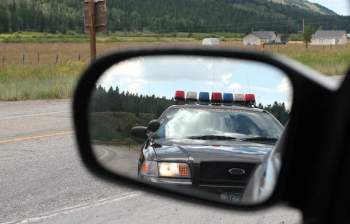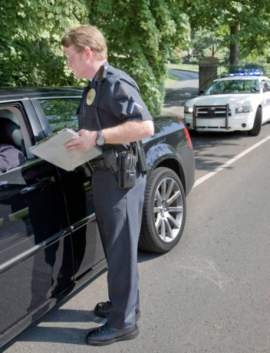
All You Need To Know About DUI Checkpoints

Background
In direct correlation with the rise of drunk driving offenses, accidents, and deaths, law enforcement agencies established DUI checkpoints. DUI checkpoints are types of roadblocks setup on a roadway of an area with high rates of DUI offenses.
These roadblocks are meant as a means for officers to be able to observe people in the vehicles for clear signs of intoxication. They can further evaluate the drivers using a set of sobriety tests if their suspicions increase. DUI checkpoints are legal in all but 12 states, which find the checkpoints to be unconstitutional. Much debate exists over the constitutionality of DUI checkpoints, that have reached as far as the Supreme Court. DUI checkpoints have yet to prove their effectiveness in statistics since their integration.
Current Legal Standing
DUI checkpoints are illegal in the states of Wyoming, Wisconsin, Washington, Texas, Rhode Island, Oregon, Montana, Minnesota, Michigan, Iowa, Idaho, and Alaska. These states find that DUI checkpoints are unconstitutional and do not allow them to take place in their states. Currently, in order for DUI checkpoints to be “legal” in the states where they are officially legal they must follow a set of rules that the Supreme Court set forth after a ruling in 1990.
These regulations set the standards for the planning, functioning, and carrying out of DUI check points in detailed procedure. They prevent officers from using discriminatory profiling measures to select candidates to be stopped at a checkpoint. The main purpose of these checkpoints is to catch drunk drivers, however, the deviation from them doing so has caused a great deal of uproar.
Legal Opposition
The controversy surrounding DUI checkpoints has become insurmountable over the last few years. Countless court cases have been filed, and appeals to existing ones in direct relation to DUI checkpoints. DUI checkpoints use “unconstitutional, yet beneficial” methods to try to keep drunk drivers off the road (according to a Supreme Court ruling in 1990).
This came to be after constant debate of the violation of rights granted by the Fourth Amendment (unreasonable search and seizure), that DUI checkpoints imposed on drivers. The opposition has argued the benefit of such checkpoints, since statistically they have proven to be highly ineffective, and almost a failure in their set goal. Instead, the DUI checkpoints have concentrated around other traffic violations, including catching drivers with suspended or no licenses. The lack of focus and proof of benefit seems to be adding to the constant debate.
Process of DUI Checkpoint
The drivers of DUI checkpoints were at one point stopped at random, which led people to believe they were stopped due to some time of profiling. The departments have now a method of how to stop vehicles at random, but will mainly stop them from visual cues that could portray impairment of alcohol. For the most part, DUI checkpoints will make all the cars come to a stop and officers will look for clues as to driver impairment.
The drivers that show no visual signs, usually will be told to move along on their way, whereas the ones that do may be stopped. Officers usually look for signs such as erratic movement, or red/glossy eyes to determine who to stop (when not only going by their prepared guideline). If you need legal advice and assistance, contact DUI lawyers.
NEXT: Sobriety Checkpoints





















